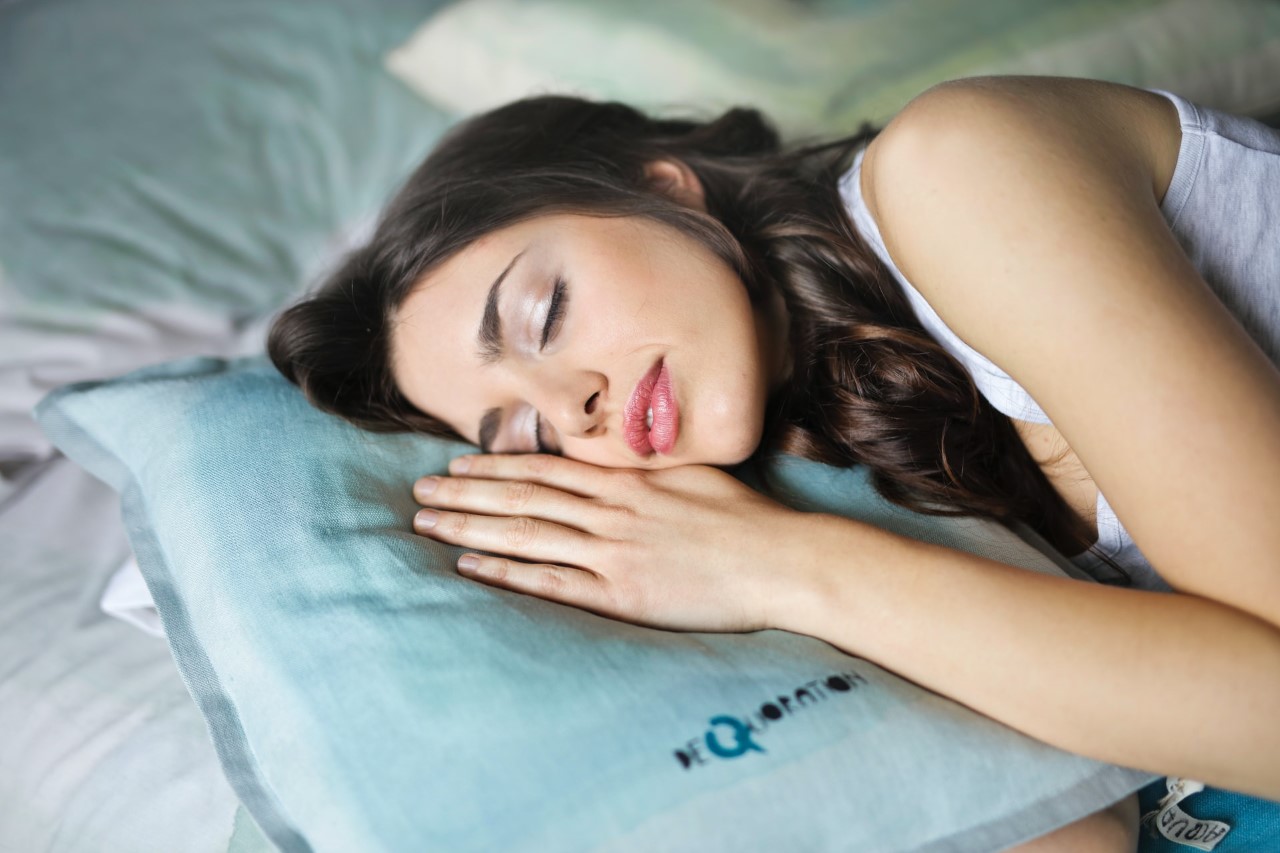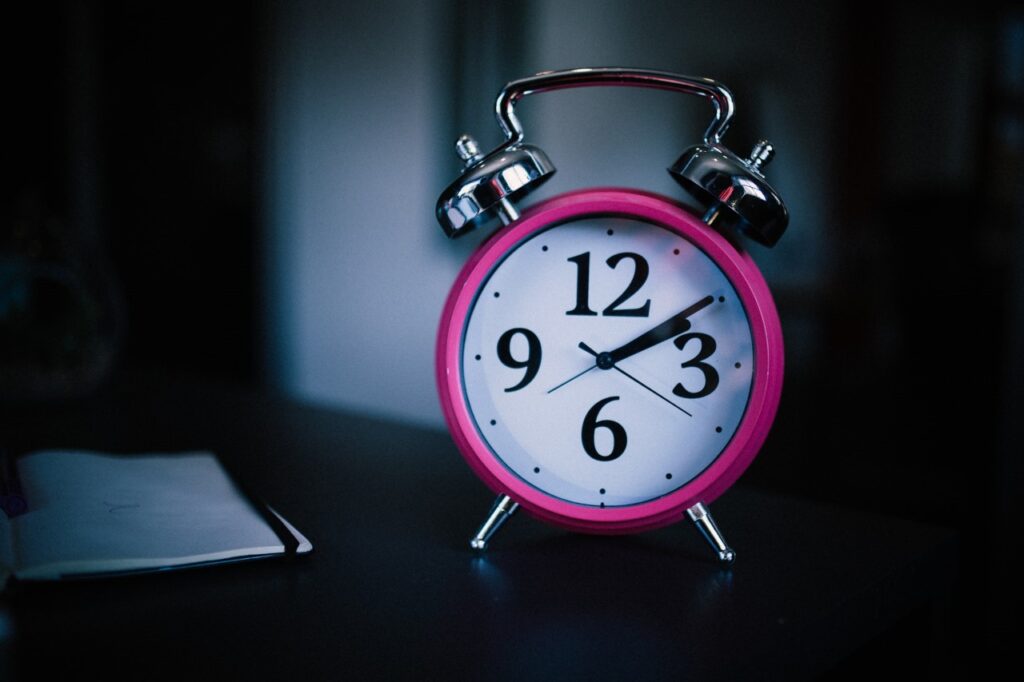Good Sleep Starts Upon Awakening
It’s not as if you did not know that sleep is important, right? Yet too few people get regular restful sleep, and in some cultures (looking at you, USA) sleep is wrongly viewed as something for the unmotivated or weak. Yet sleep, or rather a lack of it, contributes heavily to numerous health problems. Sleep is not a luxury but rather a necessary component of maintaining optimal wellness.
According to the National Sleep Foundation (NSF: 1999-2004) surveys revealed that more than 40 million Americans suffer from over 70 different sleep disorders and 60 percent of adults report having sleep problems a few nights a week or more.
Most of those with sleep problems go undiagnosed and untreated. Moreover, more than 40 percent of adults endure daytime sleepiness severe enough to interfere with their daily activities at least a few days each month, and 69 percent of children experience one or more sleep problems a few nights or more during a given week.

Try these 10 tips for better nightly sleep:
Get adequate daily sunlight exposure
Though this first tip may surprise it’s no less imperative to follow. Get outside and go for a walk, at least 30 minutes. The natural sunlight will help to reset your circadian rhythms, so that you can get restful sleep at night. Sleep experts recommend that if you have problems falling asleep, you should get at least 60 minutes of exposure to morning sunlight.
Stay on schedule
You will have some days where work and other responsibilities will seem never-ending, and sometimes getting to bed at the same time proves vexing, at best. Yet sticking to a consistent bedtime and wake-up routine is universally recommended by sleep experts. It’s critical to keeping your circadian rhythm in sync and should be maintained even on weekends and days off from work. Gradually your body will adjust itself to getting sleepy at the same time every night.
Exercise, but not too close to bedtime
Regular exercise can help improve your sleep quality, especially if you work out in the morning or earlier in the afternoon. Early evening exercise is okay as long as it is not within three to four hours before bedtime. You’ll need time to allow your body to cool back down.
Stop procrastinating
As in sleep procrastination. Sleep procrastination, also known as bedtime procrastination, is what you do when you push back getting to bed in order to keep scrolling on that mobile device, binge-watching the latest Netflix series. It can last several minutes or drag on for several hours, when suddenly the sunlight is peeking through the window blinds and you’re exhausted. Over time you’re dealing with major sleep disruption and sleep deprivation.
Unplug, digitally
If you want to ensure deeper and restful sleep after the lights go off, you need to power down all digital devices: mobile phones, TV’s, laptops, i-Pads, etc. If you must use a device at night, use blue blocker glasses to filter out some of the wakefulness-inducing light waves your screens.
How can you expect to reasonably get a restful night of sleep after reading stressful work emails, or relaxing after the sensory-overload of social media? You’re a human being not a robot. If you’re having trouble disconnecting place your mobile phone and other digital devices far away from your bed where you cannot reach them, ideally in a separate room.
Try the 4-7-8 breathing method
Close your mouth and inhale quietly through your nose for four seconds, hold your breath for seven seconds. Exhale completely through the mouth, making a “whoosh” sound, for eight seconds. Repeat the cycle four to six times.
This bedtime breathing (sleep) trick, known as the “4-7-8 method,” has been popularized by Andrew Weil, MD, who’s well known from his TV appearances and books. Weil likens it to a natural tranquilizer for your nervous system. He recommends that you practice it nightly, as its effects are subtle (initially) and become stronger with regular repetition.
Get out of bed if you cannot sleep
If you can’t sleep. After being in bed for roughly 30 minutes, just get up and do something relaxing, like reading, light stretching, journaling, or meditating. Just do NOT reach for any digital devices or TV’s. By getting out of bed, when you can’t sleep, stops you from falling victim to what might happen if you remain in bed: likely creating negative associations between bed and sleep, which can lead to the vicious cycle of insomnia.
Cut down on caffeine
Coffee, tea and soda drinkers may wonder why they find it difficult to fall asleep. Once they drift off their sleep is lighter and shorter. Some people report having sleepless nights after consuming just one cup of coffee hours earlier in the morning. That may be due in part to caffeine blocking the effects of adenosine, a neurotransmitter thought to promote sleep. Caffeine can also disrupt your sleep with the increased need to urinate.
People with insomnia should avoid caffeine altogether since its stimulating effects can last for many hours. But before you quit caffeine cold turkey consider a more gradual approach. After all, caffeine withdrawal can lead to headaches, irritability, and extreme fatigue. Those who either can’t or won’t quit caffeine, consider no caffeine consumption after 2 pm. If you’re really caffeine-sensitive then nothing after noon.
Quit tobacco
Long gone are the glamorized days of the Marlboro Man and Lucky Strikes. Smoking and chewing tobacco kills. Nicotine is a central nervous system stimulant that can cause insomnia. Tobacco dependency speeds up your heart rate, increases blood pressure, and stimulates fast brain-wave activity that indicates wakefulness. People addicted to nicotine experience withdrawal symptoms after going just a few hours without it. Many people report being awakened during the night with nicotine cravings.
People who kick the habit fall asleep more quickly and wake less often during the night. Daytime fatigue and sleep disturbance may occur during the initial withdrawal from nicotine, but even during this period, many former users report improvements in sleep. However, if you continue using tobacco avoid using it one to two hours before bedtime.
Cut down or quit alcohol consumption
There are people who believe that a bedtime glass of wine, or other drink, helps them sleep. It does help users to feel sleepy and initially fall asleep. But that’s where the benefit begins and ends. Alcohol depresses the nervous system, so the quality of alcohol-induced sleep is abnormal. Alcohol surpasses REM (rapid eye movement or deep resting sleep) sleep, and its soporific effects disappear after a few hours. Drinkers report frequent awakenings, and sometimes frightening dreams. Alcohol may be responsible for up to 10 percent of chronic insomnia cases.
Also because alcohol relaxes throat muscles and interferes with brain control mechanisms, it can worsen snoring and other nocturnal (sleep apnea) breathing problems, sometimes to a dangerous extent. Just one drink can make a sleep-deprived person drowsy. The combination of alcohol and sleepiness also considerably increases a person’s chance of getting into a motor vehicular accident.

